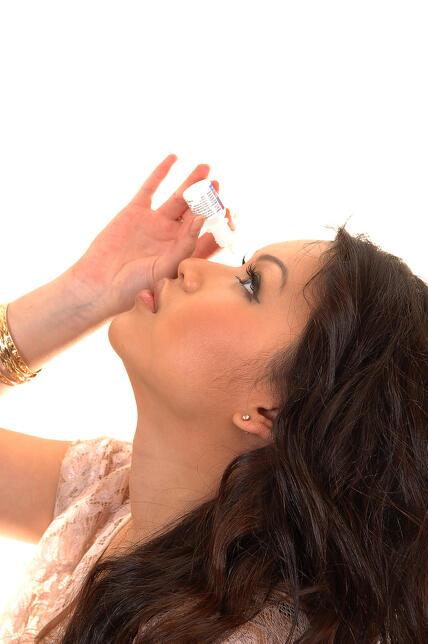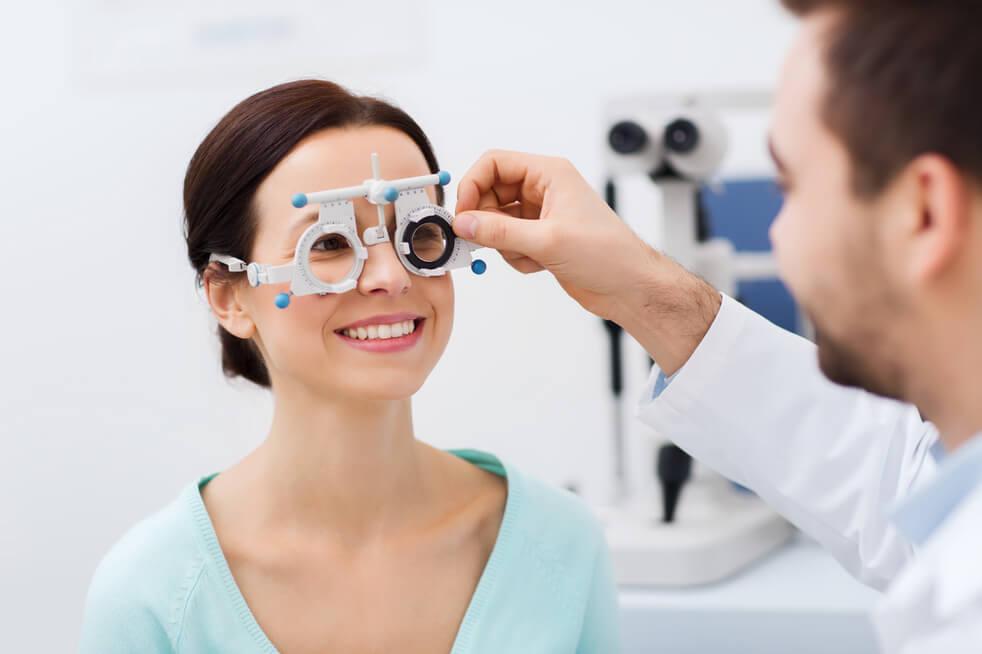
by Brett Neal | Mar 18, 2020 | Eye Care
The eye care aisle of the pharmacy has hundreds of different options for eye drops, ointments, and other products. It is not uncommon for optometrists to recommend over-the-counter products or medications for the treatment of dry eye disease or ocular...

by Brett Neal | Feb 19, 2020 | Eye Care
Eye examinations are useful for more than simply detecting and treating vision problems. A comprehensive eye exam includes a thorough health evaluation that looks at the entire eye, from the very front surface to the back lining, to assess for any possible...

by Brett Neal | Jan 22, 2020 | Eye Care
Eyelids and eyelashes play an important role in keeping our eyes safe and healthy. They protect our eyes from dust and debris, and help distribute tears evenly across the front of our eyes. However, many conditions can affect the eyelids and cause...

by Brett Neal | Dec 25, 2019 | Eye Care, glasses
In mid to late adulthood, nearly everyone experiences symptoms of blurred vision or difficulty focusing while looking at things up close. This is a completely normal visual change known as presbyopia. Presbyopia usually starts sometime in your 40’s, when...

by Brett Neal | Dec 11, 2019 | Eye Care, glasses
Nearsightedness, also called myopia, is becoming an increasingly common eye problem. It is a form of refractive error that causes distance objects to be blurred and difficult to see. It can cause problems for drivers if they are unable to accurately read...

by Brett Neal | Aug 7, 2019 | Eye Care
Bloodshot and red eyes can have many different causes, each needing different treatment approaches. Some triggers of red eyes are more serious, painful, or vision-threatening than others. Many problems that cause red eyes require attention by an eye care...







